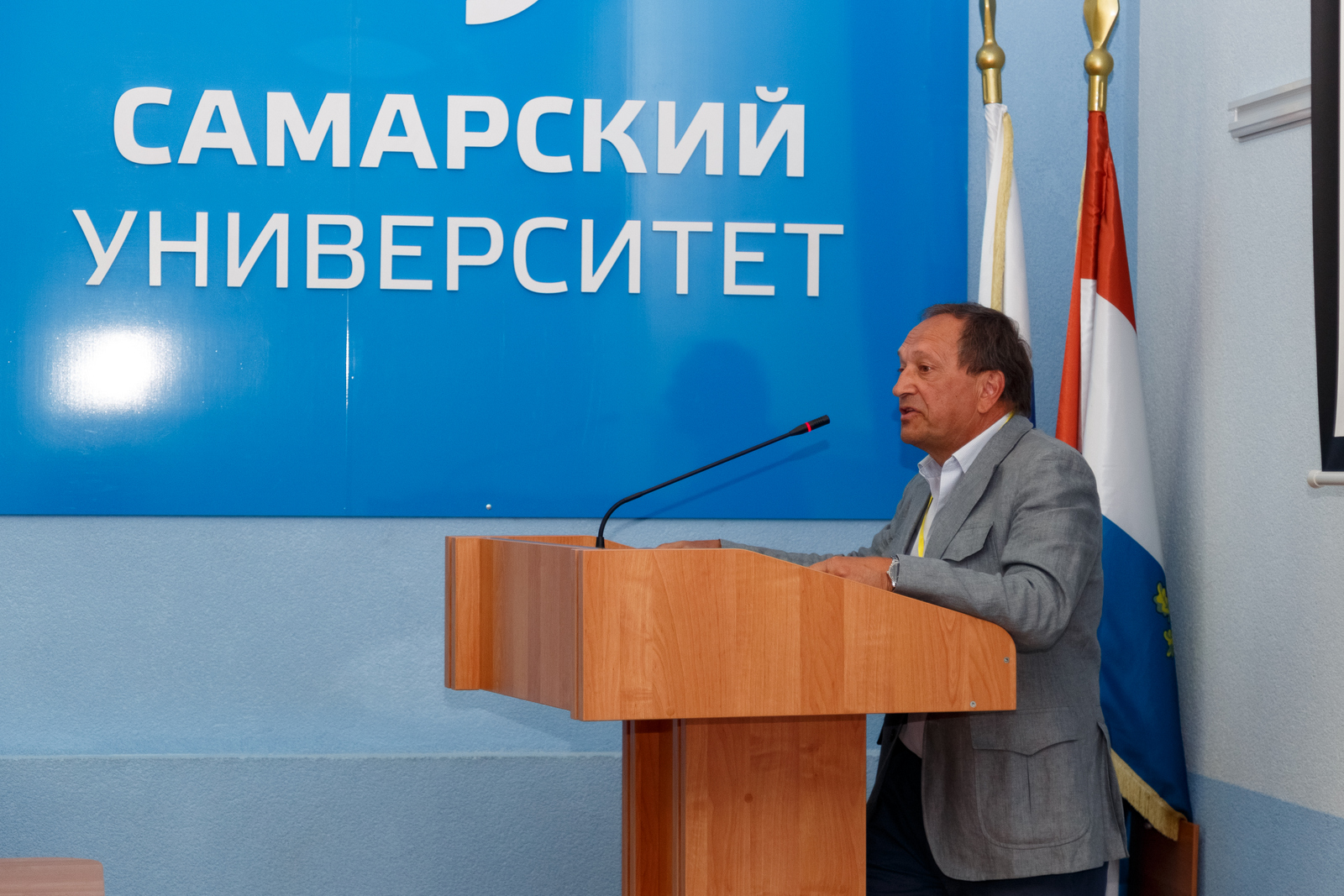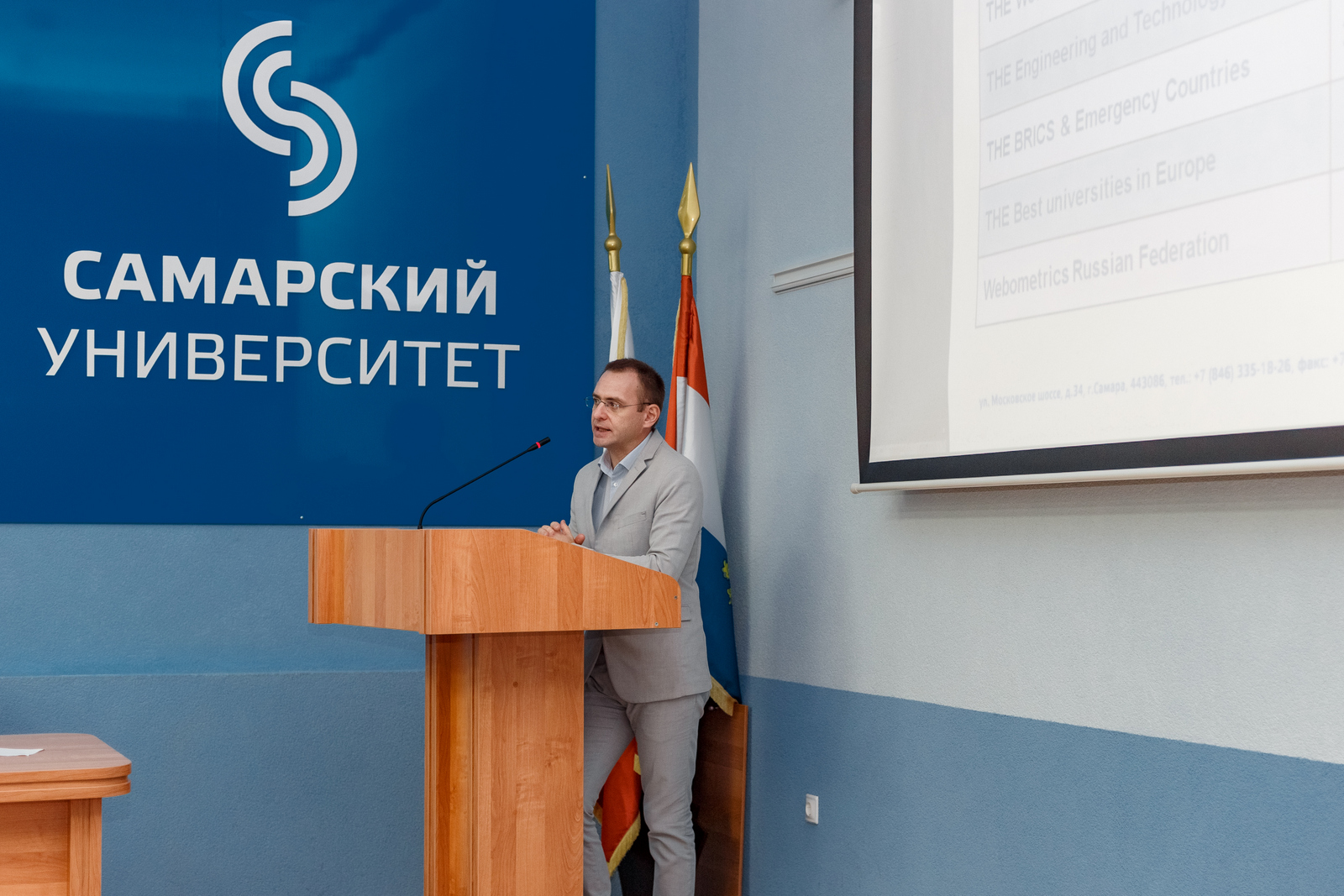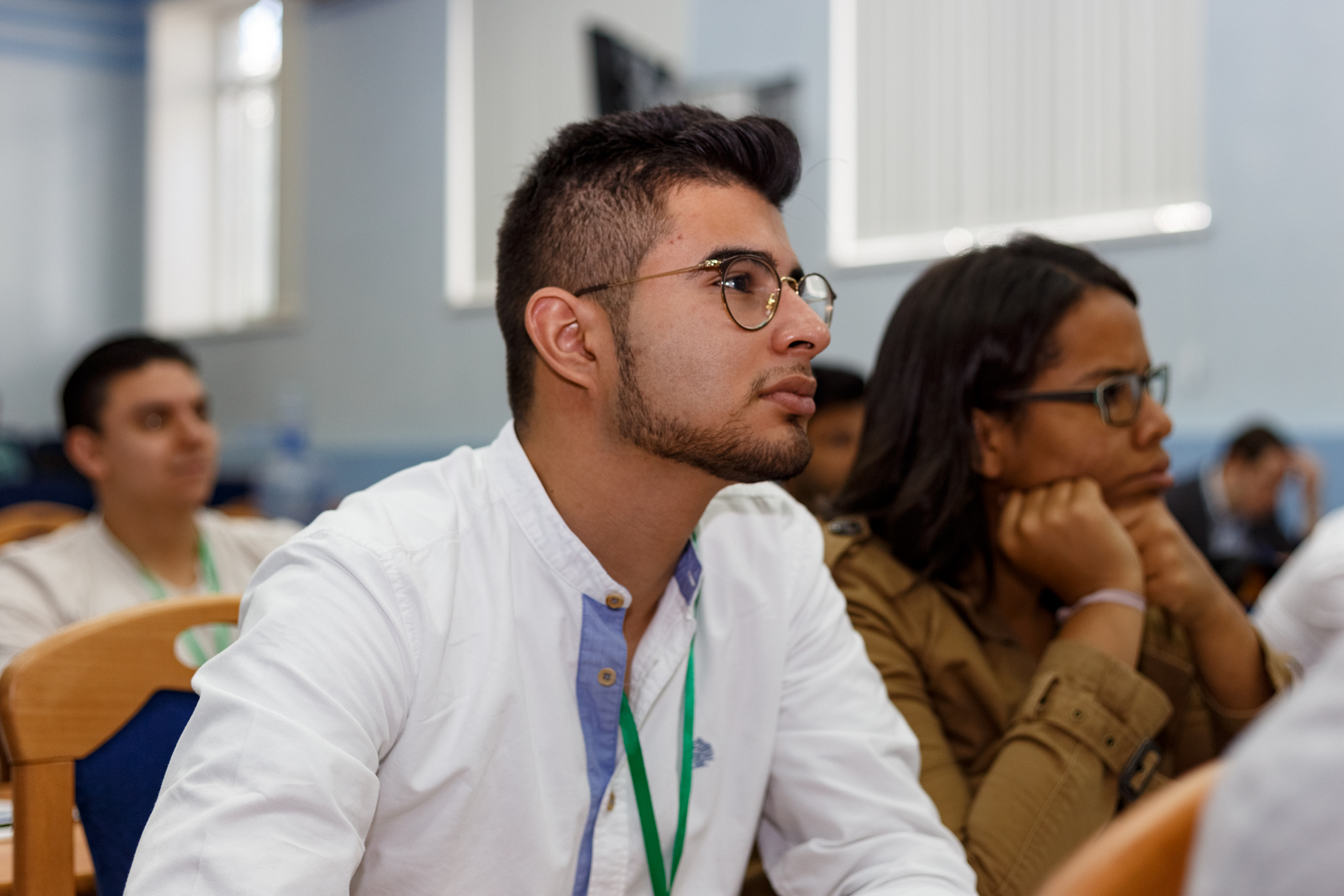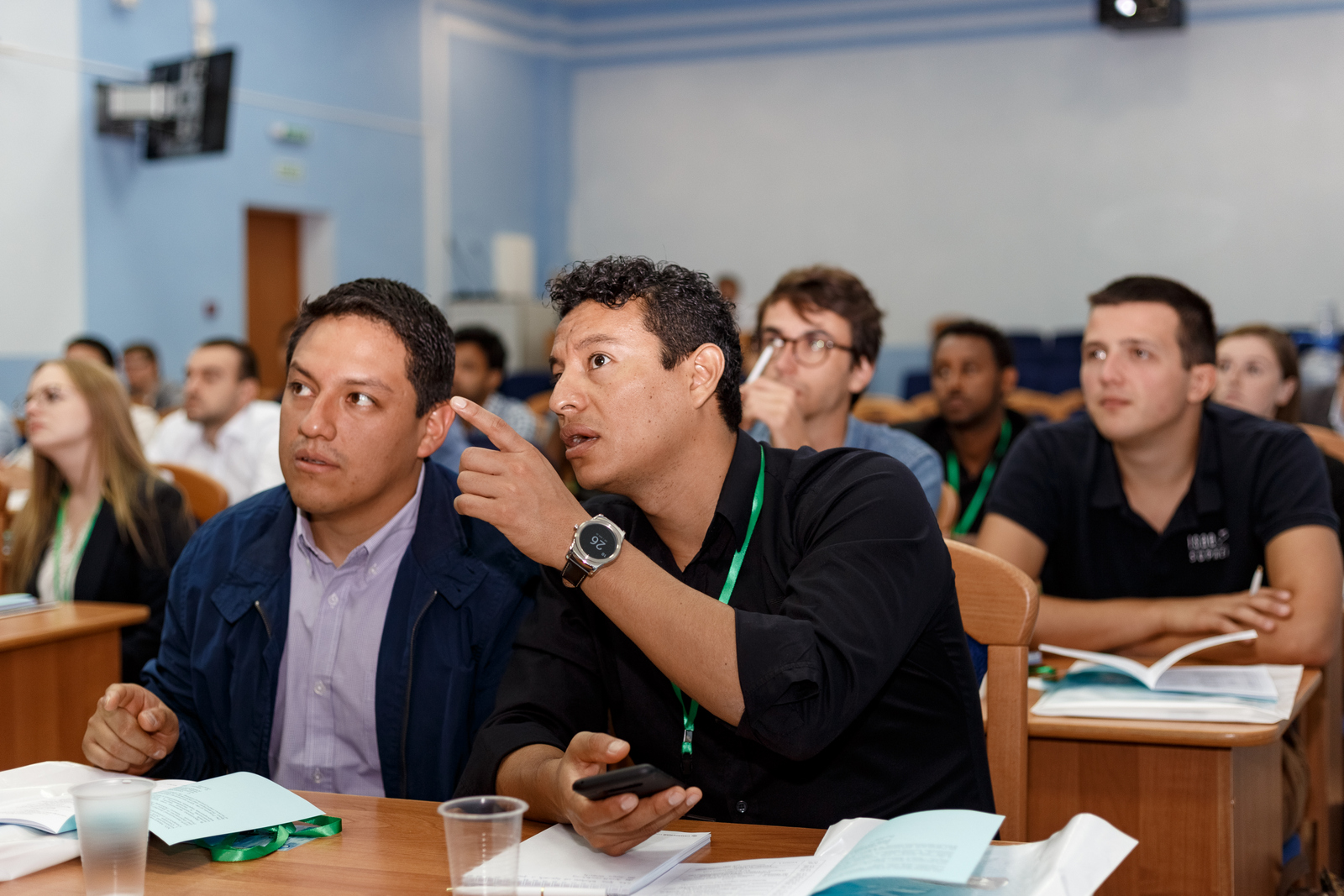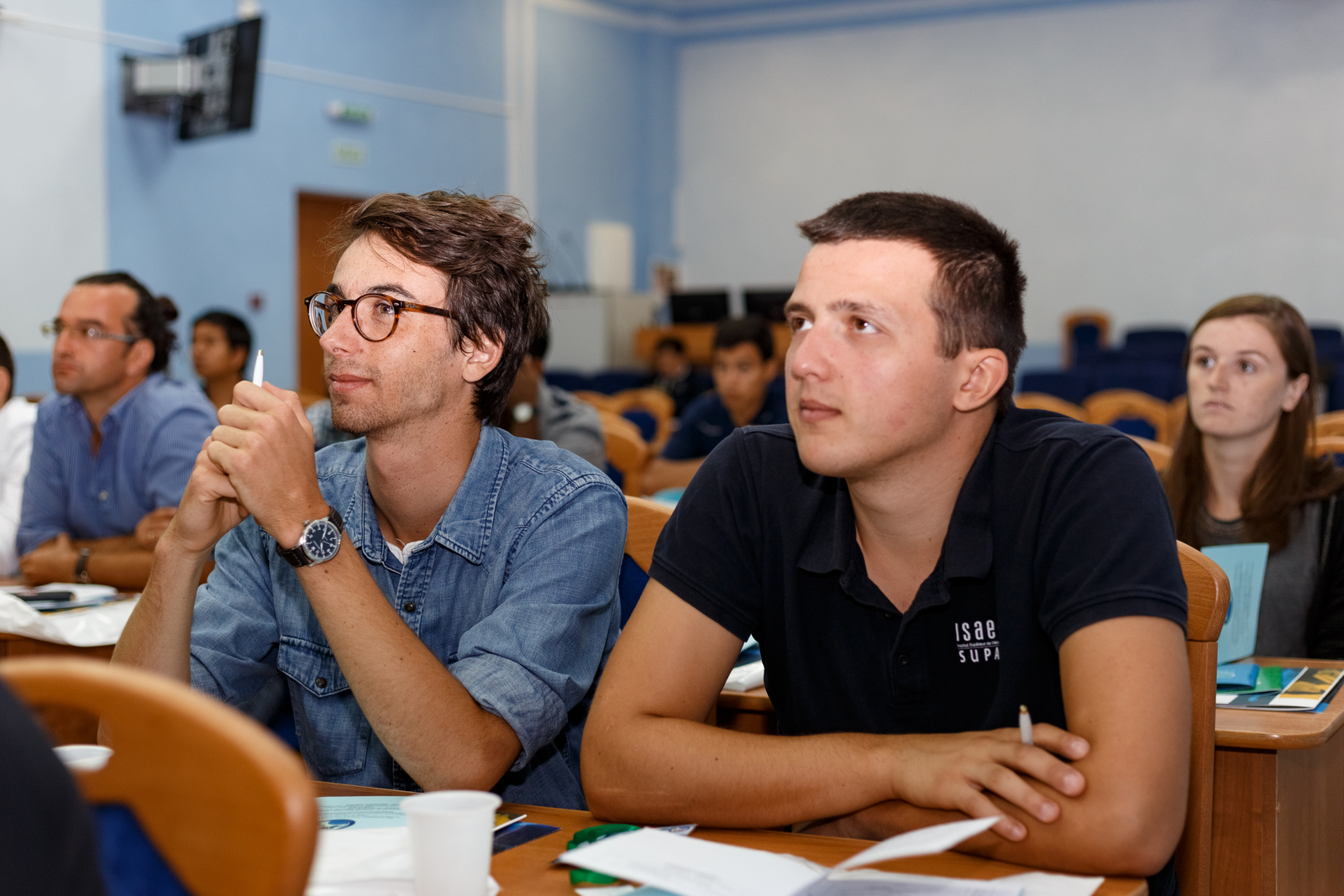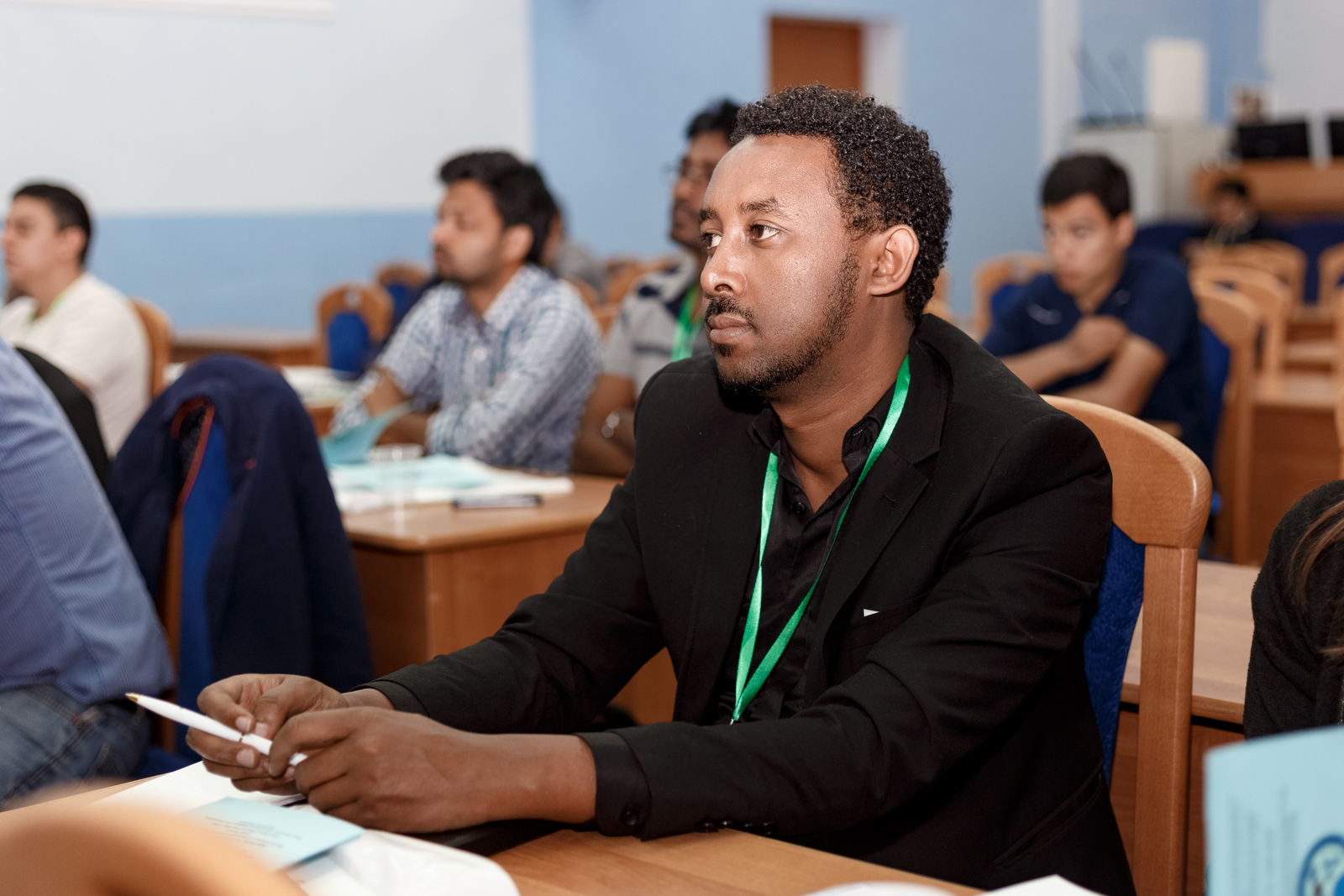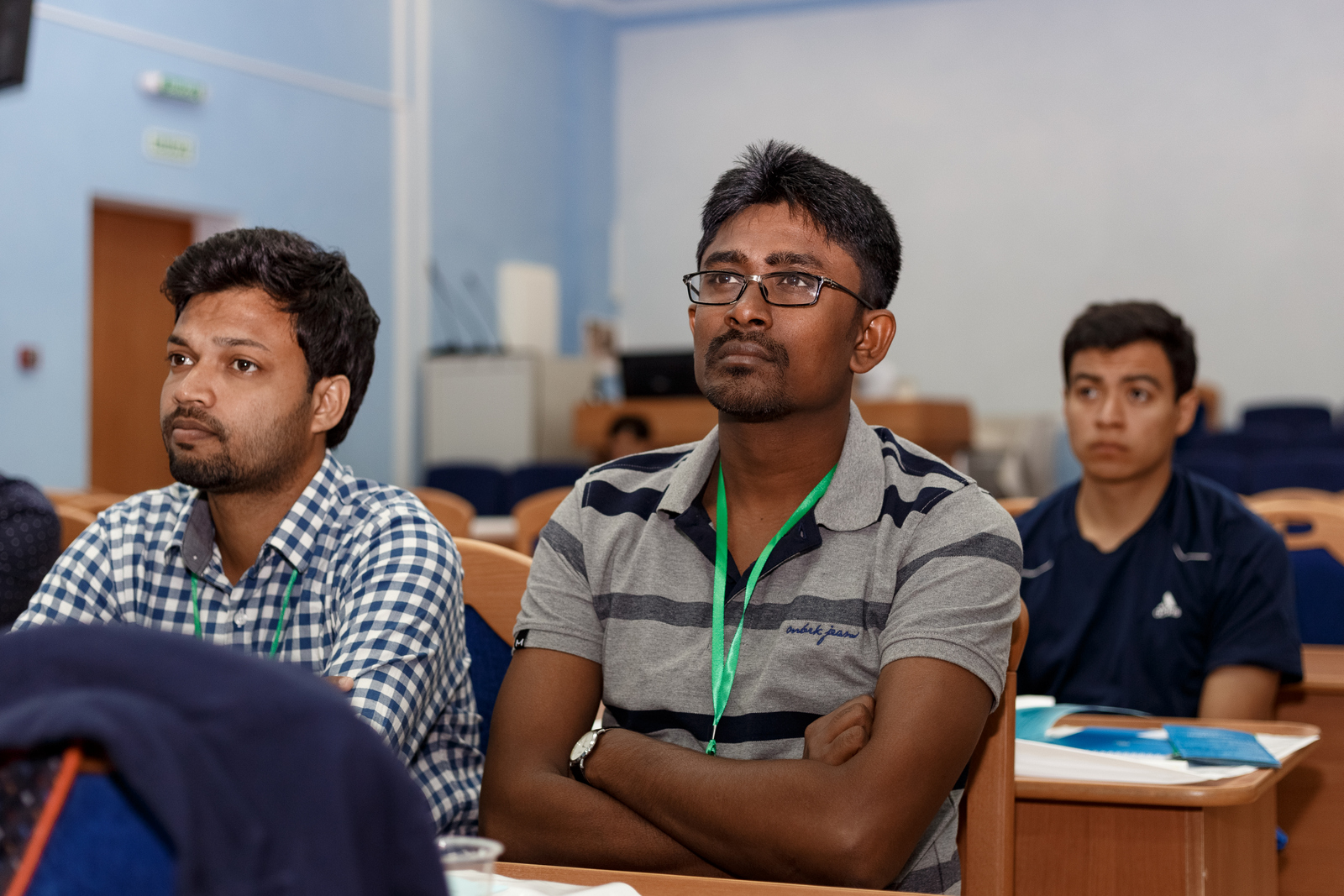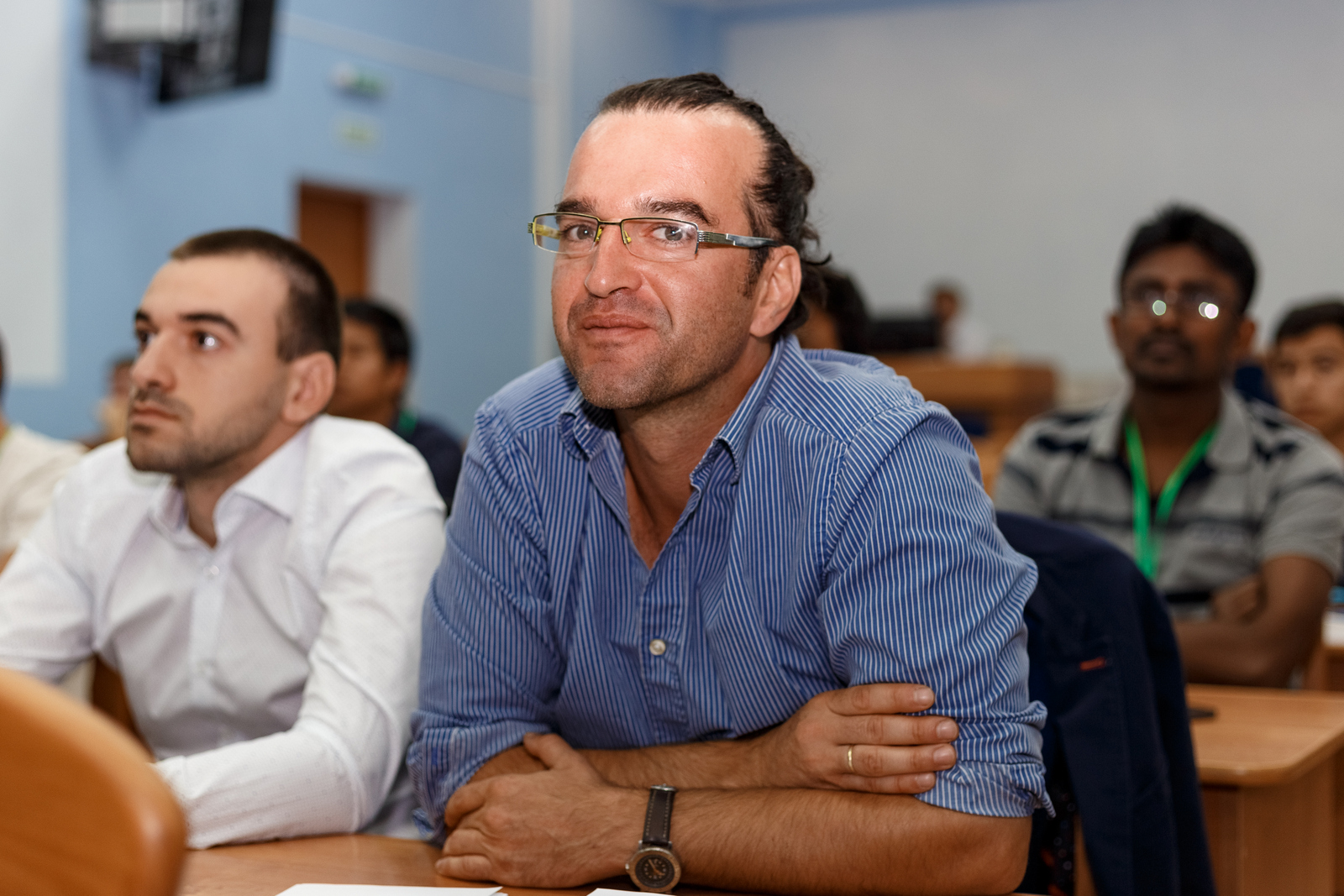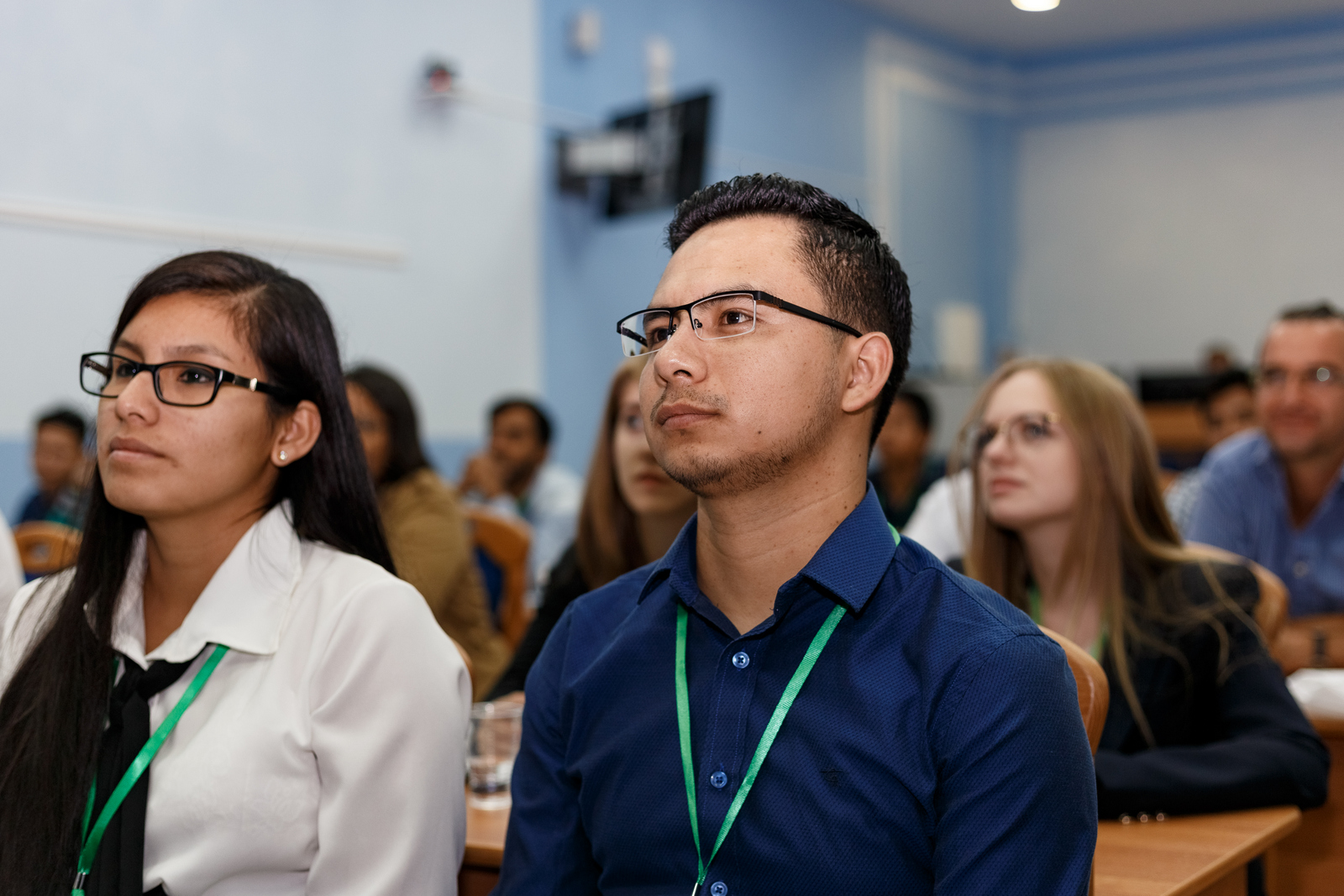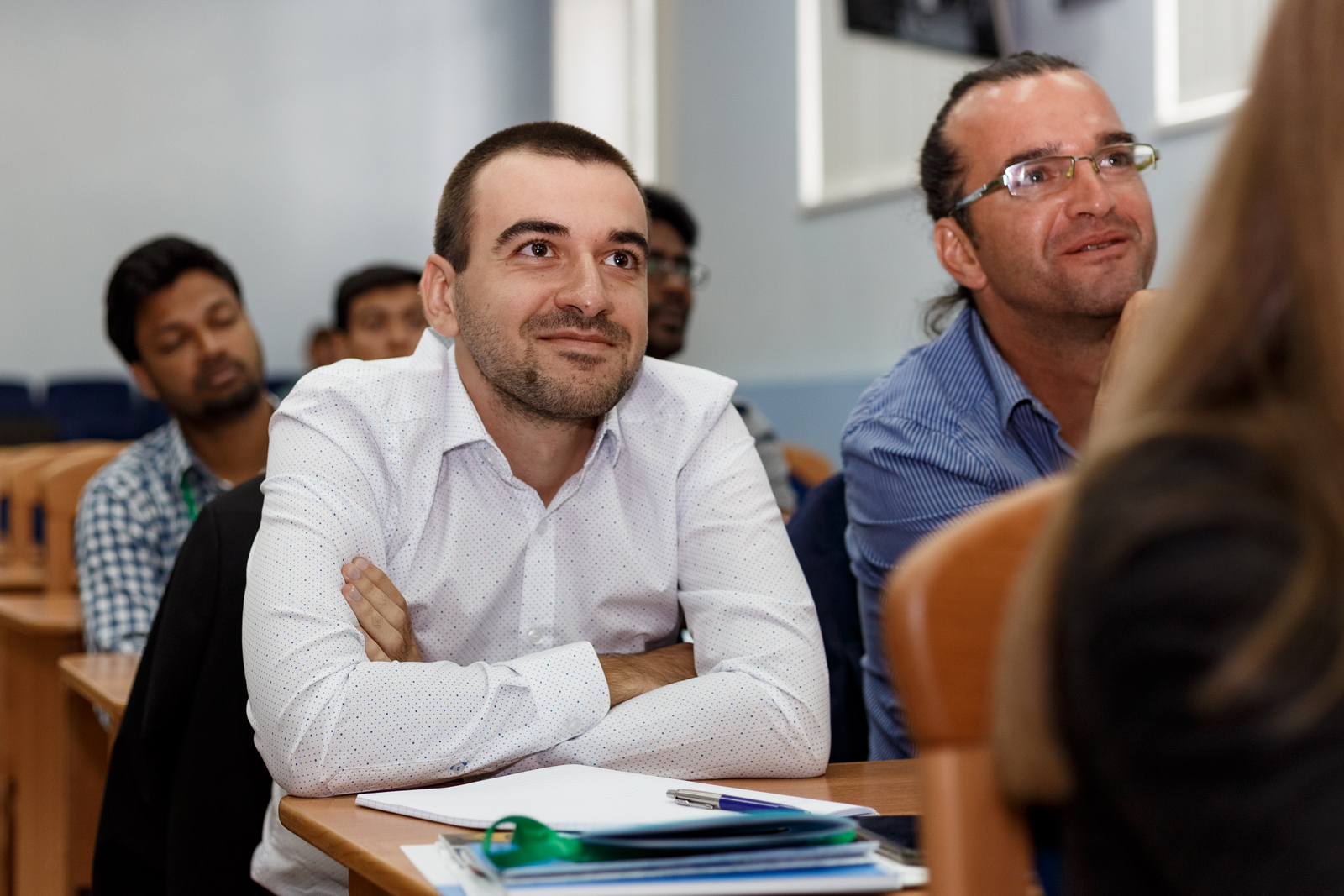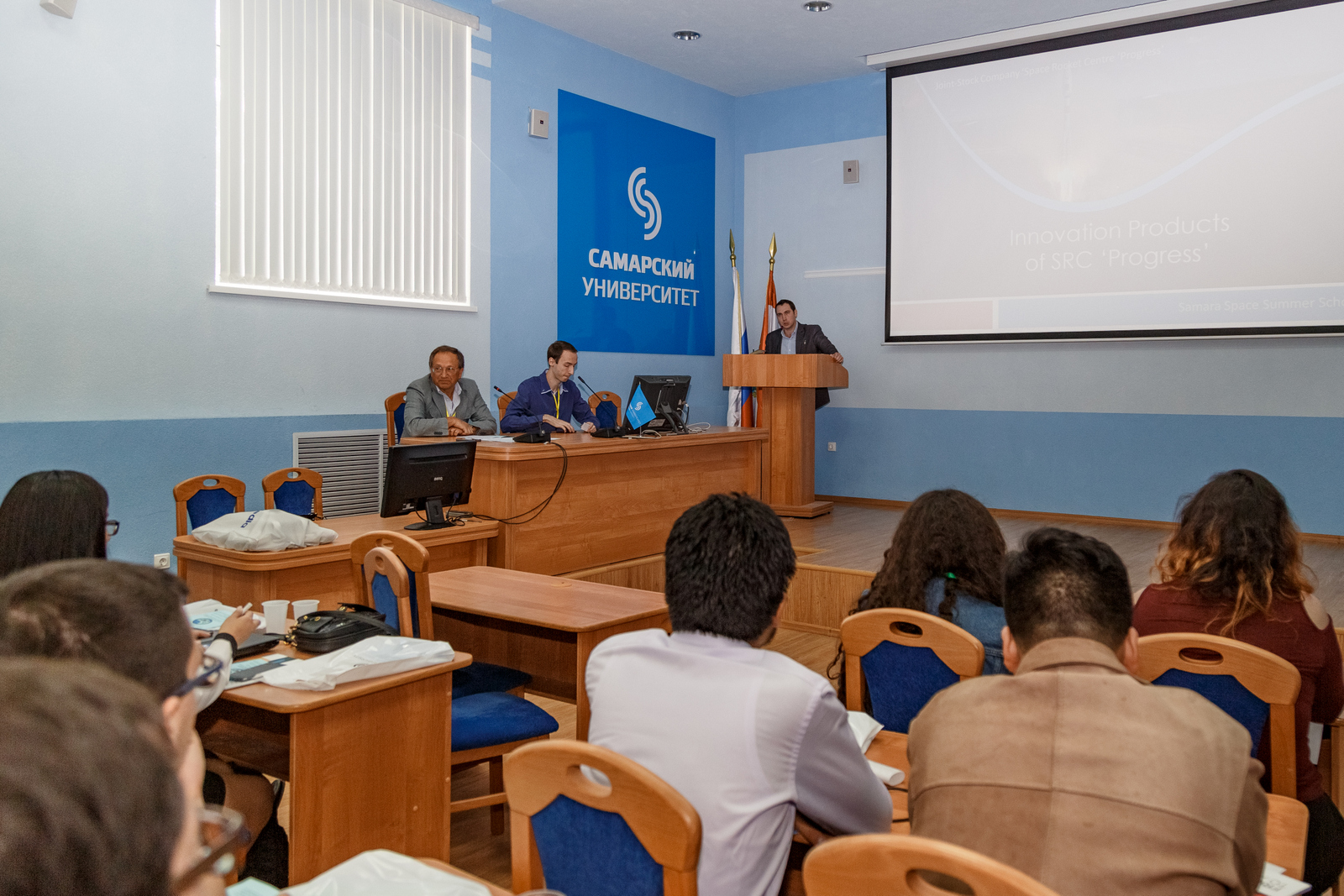Samara University Summer Space School is held from August 20 to September 1. 40 participants from the world's leading universities were pre-qualified, showing high motivation and affirming their basic competencies for participating in the school.
The XIV International Summer Space School “Future Space Technologies and Experiments in Space” has started at Samara University.
High competition among foreign youth is due to the growing popularity of the school: 212 students from 32 countries submitted applications for participation this year. Year by year the number of participants from different parts of the world is expanding, but the greatest number of applications is traditionally received from Europe and from Latin America.
Experience shows that the participants of the Summer Space School are becoming popular specialists at the international level. For example, a graduate of the Summer Space School (2012), Natalie Mendez from Columbia, after studying at the university was invited to work at the National Aeronautics and Space Administration of the United States (NASA). This year an active participant of the Summer Space School (2014) Anna Aumann from Germany came to the university for a Russian-German Forum as a representative of Julius Maximilian University of Würzburg.
For 14 years the school has become a notable event for the international expert community. The world fame in the field of nanosatellite technologies and the scientific competencies of Samara University attract a broader range of specialists. Year by year, the educational level of participants rises, the number of doctoral students and university teachers increases. So, this year the president of Tunisian Space Agency Karim Hamid will study at the Summer Space School.
This year, the school received support from the United Nations Committee on the Peaceful Uses of Outer Space, which confirms its high status. Five grants for studying at the school were awarded to students from developing countries, in particular from Thailand, Ethiopia, Tunisia, the Philippines and Sri Lanka. At the opening of the school — on August 20 — the Director of the United Nations Office for Outer Space Affairs Simonetta Di Pippo addressed the participants with a welcome video message. Madam Simonetta Di Pippo recalled that in December 2017 the Workshop of the United Nations Office of Outer Space Affairs “Human Capacity-Building in Space Science and Technology for Sustainable Social and Economic Development” was held in Samara.
“During the event, a number of provisions were formulated that formed the basis of the report at the UNISPACE + 50 Symposium”, — the director noted and stressed that the Summer Space School at Samara University has become the second event of Samara University, supported by the UN. As before, in 2018, schooling will take place in the English language during two weeks and at the end of the course, the participants will receive a certificate that can be accepted at the universities they represent.
During the first week of the school, the participants will get acquainted with the developments of Samara University in the field of nanosatellites, the achievements of JSC SRC “Progress”, will study modern software tools for designing nanosatellites and their electronic systems, will listen to lectures on topical issues of nanosatellite creation.
Within the second week, the participants of the school will receive the skills of independent project work. For a limited period of time, the participants of the school, breaking up into teams, will perform a pre-project analysis of nanosatellites of a given purpose.
One of the important motivating factors for the participants from foreign universities is the opportunity to get acquainted with the implemented projects of the Interuniversity Department of Space Research in the field of nanosatellite technologies, as well as the opportunity to visit the testing and flight control centres of nanosatellites. At the same time, the teachers will traditionally focus on the study of technologies for the creation and use of nanosatellites of the CubeSat class for scientific and educational purposes.
For reference
The International Summer Space School of Samara University was established to develop international cooperation and create a unified educational space in the field of advanced space technologies. Annually, since 2003, it is organized and conducted by the Interuniversity Department of Space Research of Samara University. For 15 years it has developed into a powerful educational project that allows talented young people from different parts of the world to acquire new competencies in the field of space technologies and to take part in the design work as part of international teams.
The organizer of the International Summer Space School is Samara University. The school is being held with the support of JSC SRC “Progress”, the Volga Region Branch of Russian Academy of Cosmonautics named after Tsiolkovsky and Space Universities Administrative Committee of International Astronautical Federation.
Photo: Natalia Orlova
 RU
RU  EN
EN  CN
CN  ES
ES 
